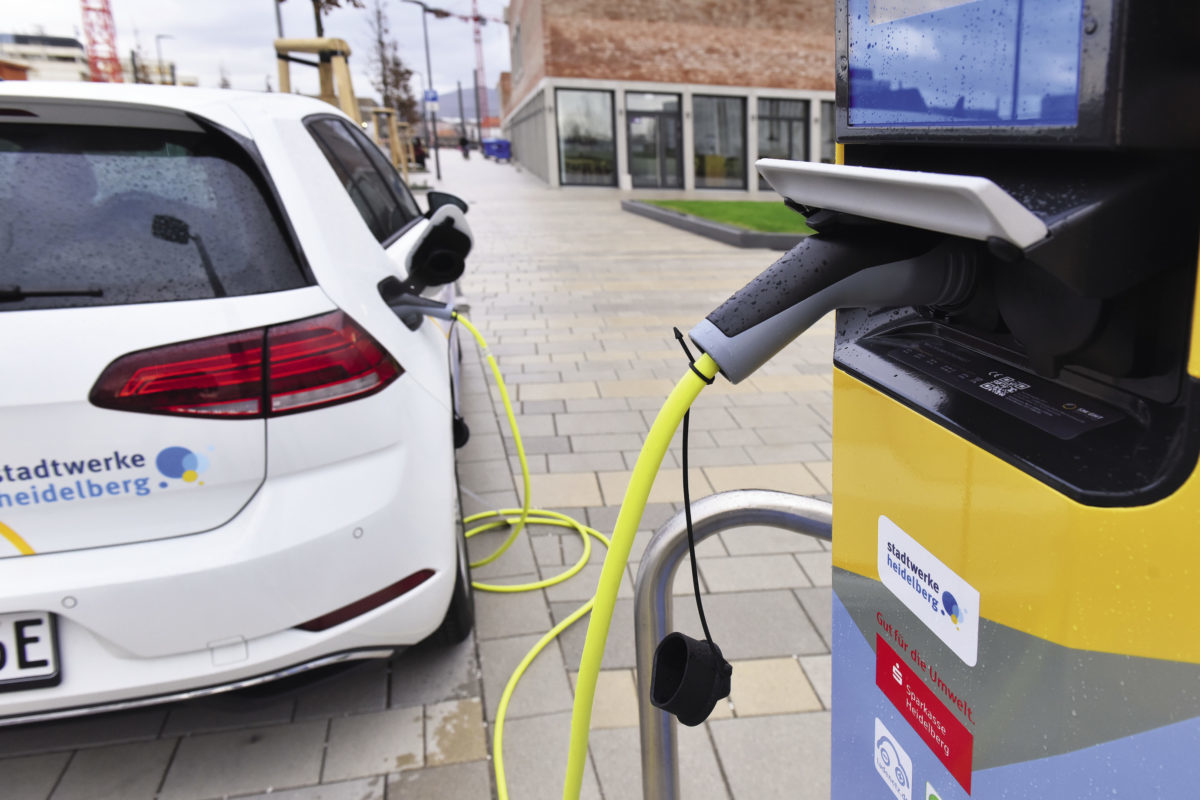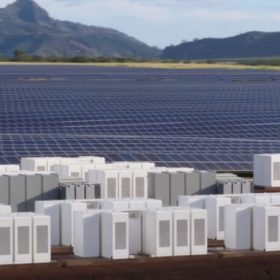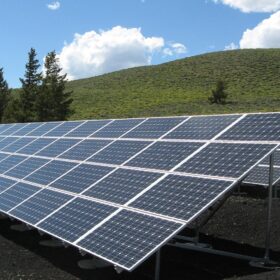At a time when the Indian government has proposed waiver on registration charges for electric vehicles, Wood Mackenzie’s latest research on mobility transition has said that electrifying the current internal combustion engine car taxi fleet would help India cut greenhouse gas (GHG) emissions faster than incentivising and promoting the use of privately owned EVs because of their greater utilisation in terms of miles travelled.
Giving thumbs up to electric vehicles in terms of reduced emissions, the report said a typical mid-size electric vehicle can generate up to 67% lower GHG emissions than a gasoline car on a well-to-wheel basis. However, the crucial factor is the location in which they are driven, it added.
The Wood Mackenzie analysis focused on well-to-wheel assessment to accurately compare the emissions of electric vehicles versus ICE cars.
“This [well-to-wheel assessment] involves a number of factors – how the fuel is produced in refineries, where the crude oil is sourced from, mileage of the car, how the electricity is produced, and the energy use associated with vehicle and battery manufacturing and charging. These factors differ from country to country,” said Aman Verma, Wood Mackenzie research analyst.
“Even though EVs have zero tailpipe emissions, they are not GHG emissions-free when evaluated on a well-to-wheel basis. When using our integrated model, based on the existing electricity generation mix in developing economies such as China and India, an EV can only displace up to half the GHG emissions of an ICE gasoline car,” he added.
While noting that EVs are starting to challenge the supremacy of ICE cars by addressing air quality concerns, Verma said the competitiveness of EVs versus ICE cars decreases for Asia Pacific countries owing to a high share of coal or other fossil fuels in their power mix.
“To overcome this issue, governments in developing countries – such as China and India – could look at electrifying the current ICE car taxi fleet. In doing so, this would help achieve emissions abatement faster than incentivising and promoting the use of privately owned EVs because of their greater utilisation in terms of miles travelled,” he suggested.
Power sector decarbonisation crucial
Highlighting decarbonisation of the power sector as the most crucial factor in sustaining the current advantage for EVs, Prakash Sharma, Wood Mackenzie research director, said: “As gasoline ICE vehicles become more fuel efficient, the power mix must comprise more renewables for EVs to remain GHG competitive. Currently, the power sectors in the UK and US are 30% less emissions intensive than markets in Asia.”
“For climate change enthusiasts and regulators, electrification of transport is a useful remedy to tackle air pollutants and GHG emissions, and fulfil Nationally Determined Contribution pledges as a result. The focus again shifts to the power sector.”
This content is protected by copyright and may not be reused. If you want to cooperate with us and would like to reuse some of our content, please contact: editors@pv-magazine.com.









By submitting this form you agree to pv magazine using your data for the purposes of publishing your comment.
Your personal data will only be disclosed or otherwise transmitted to third parties for the purposes of spam filtering or if this is necessary for technical maintenance of the website. Any other transfer to third parties will not take place unless this is justified on the basis of applicable data protection regulations or if pv magazine is legally obliged to do so.
You may revoke this consent at any time with effect for the future, in which case your personal data will be deleted immediately. Otherwise, your data will be deleted if pv magazine has processed your request or the purpose of data storage is fulfilled.
Further information on data privacy can be found in our Data Protection Policy.